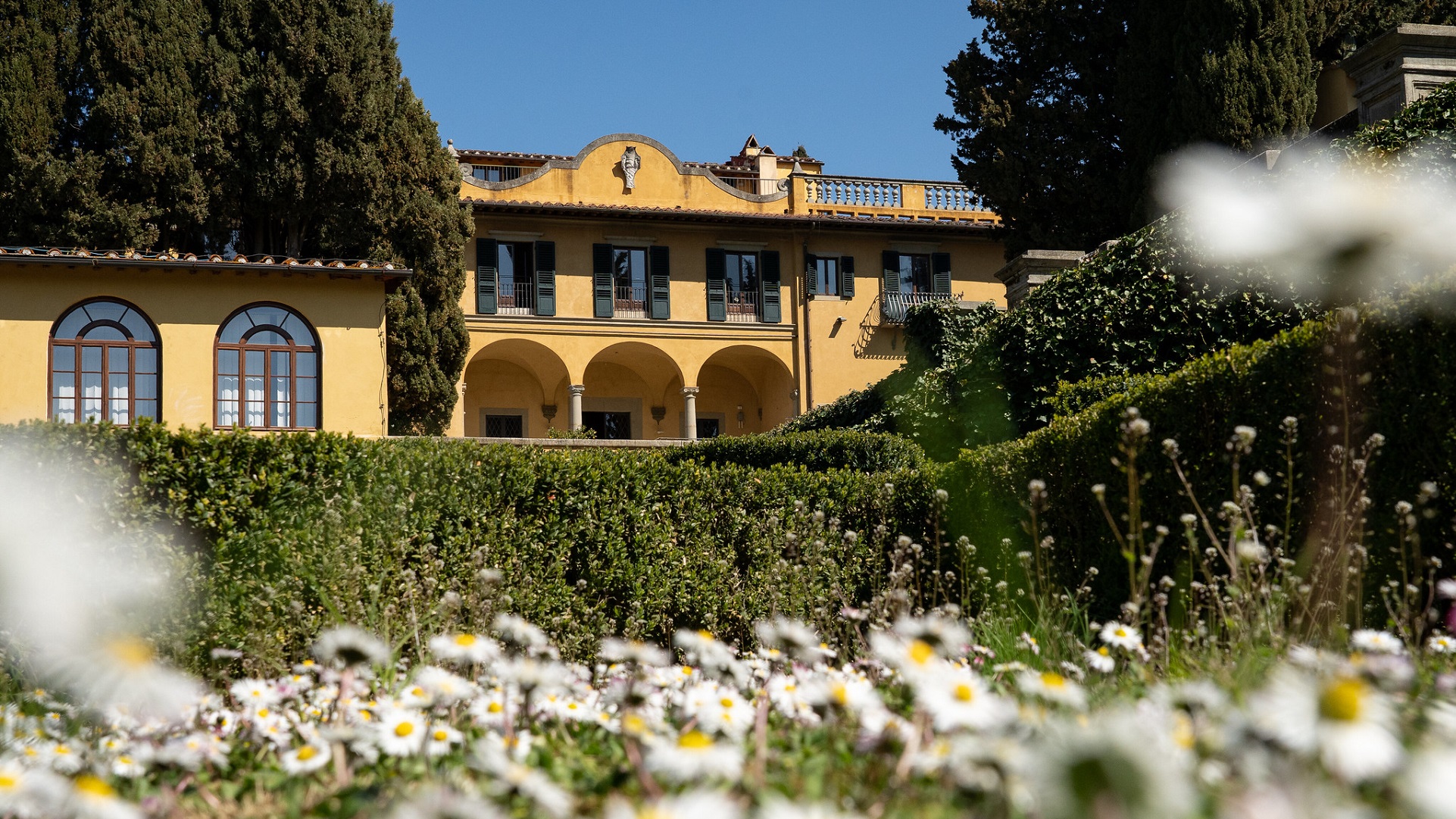
Restoring Multilateral Trade Co-operation

Twenty years after the establishment of the World Trade Organization (WTO), the institution continues to struggle with concluding the Doha Round. Major WTO members, including the EU and the US are focused on the negotiation of preferential trade agreements (PTAs) like the Transatlantic Trade and Investment Partnership (TTIP).
This project, coordinated by the South African Institute for International Affairs, brings together a number of policy research institutes and think tanks, primarily in emerging economies, to search for new ideas that can assist in revitalising multilateral trade cooperation.
The EUI’s Global Governance Programme, with Professor Bernard M. Hoekman, is one of the partners of this World Bank-funded project. A series of expert roundtables convened in major emerging economies, produced a number of publications that have been discussed with policy makers in capitals and in Geneva. A final synthesis report with recommendations will be prepared for the 10th Ministerial Conference (15- 18 December 2015, Nairobi, Kenya).
Publications
Moving forward in the WTO post-Bali By Bernard Hoekman This paper introduces the core issues investigated in the broader project. It reviews the history of multilateral trade co-operation and the state of WTO negotiations, and examines new trends in trade patterns and trade agreements, including the impact of global value chains and the rise of megaregional agreements, such as the Transpacific Partnership and Transatlantic Trade and Investment Partnership. It investigates what these changes mean for the future of the multilateral trading system, and what changes and new issues must be introduced to reinvigorate global negotiations.
Supply chains, mega-regionals and the WTO: A road map for the WTO By Bernard Hoekman This presentation delivered at the Graduate Institute of International and Development Studies (19 May 2014), the Cordell Hull Institute, Washington DC (22 April 2014), the UK Department for Business, Innovation and Skills, London (19 May 2014), and by SAIIA (11 June 2014).

